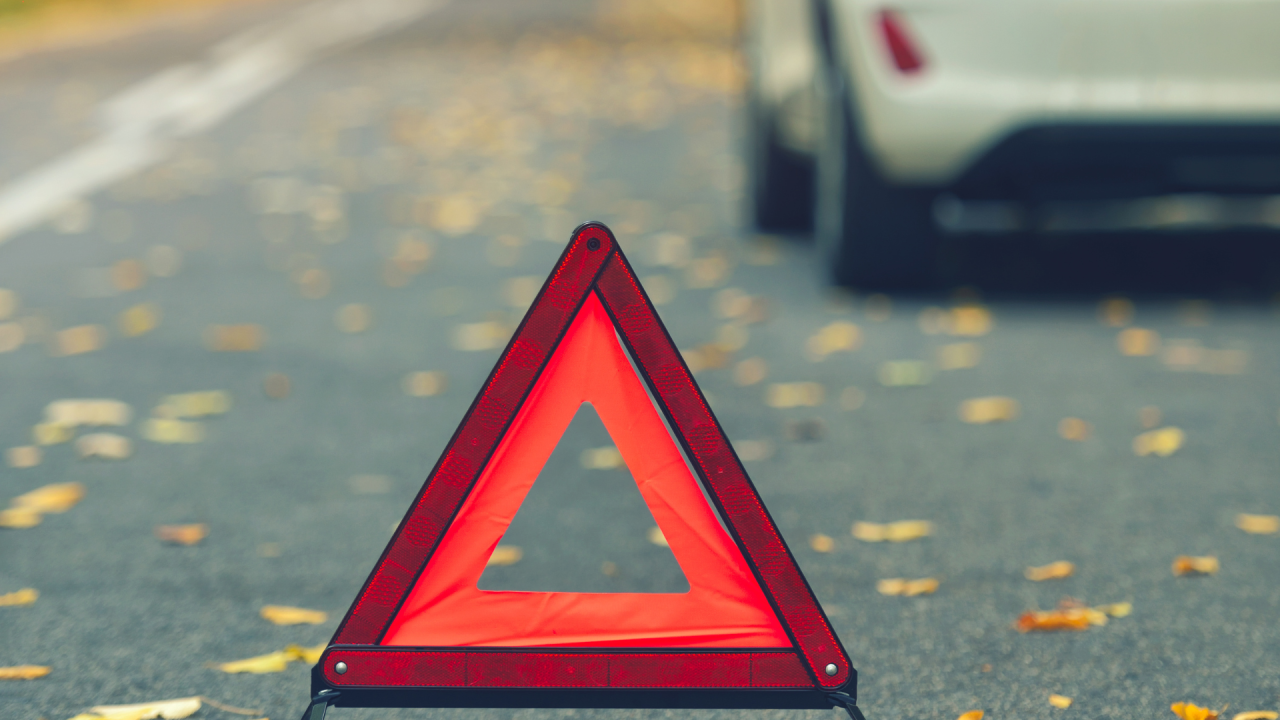
Imagine that you are driving when out of nowhere, the calming hum of your car is interrupted with a sputtering noise. Your car slows to a stop in the middle of the road. You ran out of fuel!
You get out of your car to take stock of what you have with you. You find an old water bottle, half-full an unopened juice box that your child dropped under the seat, and a container of laundry detergent that you are bringing home from the store.
Which of these things should you use to refuel your vehicle?…
…
No, this is not a trick question.
…
The answer, of course, is none of them.
Why?
Well, for one thing, unless you have some kind of cutting-edge transportation that is not on the market yet, your vehicle was not built to run on water, juice, or laundry detergent.
But more importantly, because your car is not built to be fueled by these substances, putting any of them in your tank would deal irreparable damage to your car. Not only would you not get home, but your car would never work the same way again. You would have to pay for costly repairs or, worse yet, you would have to purchase a new one.
This is not a luxury that we have with our brains.
Your brain runs your life – it is behind everything you do and everything you are. And it is a sensitive, complicated, vitally important piece of machinery. If you give it too much of the wrong thing, you may find yourself dealing with some major concerns.
Caffeine, for example, is considered pretty harmless in today’s world. Coffee has become a social staple for its taste and its perk-you-up effect, and many teas offer a caffeine fix as well.. And many publications even state that caffeine is good for your brain because of its alertness enhancing properties.
But maybe you notice that you feel a little more anxious after your daily dose of caffeine. That’s because caffeine increases the presence of cortisol, the stress hormone, in the body. Prolonged exposure to cortisol has been linked to mental health disorders like anxiety and depression, pain in the head and muscles, heart disease, and sleep and memory problems.
This is not to say that caffeine in small doses will give you a heart attack. But you do not consume caffeine, or anything for that matter, in a vacuum.
When you combine regular caffeine intake with other things that the brain is not meant to withstand – like a stressful lifestyle, negative thought patterns, and an irregular sleep schedule – well, you can see why even the little things matter!
Here is your assignment for this week. Create a checklist for yourself of these items…
- Processed foods, especially with saturated fats or refined sugars
- Alcohol
- Tobacco
- Illicit substances
- Erratic sleep schedule or sleep deprivation
- Toxic people, places, experiences, or thoughts
Assess yourself: how many of them do you find in your life on a weekly basis? On a daily basis? And how frequently? Don’t ask with judgment, but be honest.
Then all I’ll ask you to do is this: pay attention. Pay close attention to how you feel in the 24 hours after you engage with these things. How is your concentration? How is your memory? How are your problem-solving skills? What about your creativity? And your mood? Are you feeling your best, or are you feeling not so good?
Recall the wise words of my colleague and mentor Dr. Daniel Amen: “When your brain works right, you work right; when your brain has trouble, you are much more likely to have trouble in your life.”
Make today your masterpiece!
Florina
Get My Blog Posts Right in Your Inbox Every Week
Make your mental health a priority. Receive tips and strategies for living well – mentally, physically, and emotionally – every week.
Get My Free Guide: 7 Cheap, Simple Strategies for Boosting Your Brain Performance
Better focus – clearer memory – faster cognition – more mental clarity – improved intellect…
Your brain is capable of beautiful things. If you don’t think you’re getting the most out of your cranial supercomputer, you can reap the benefits of these 7 simple strategies for the low, low price of “free.”